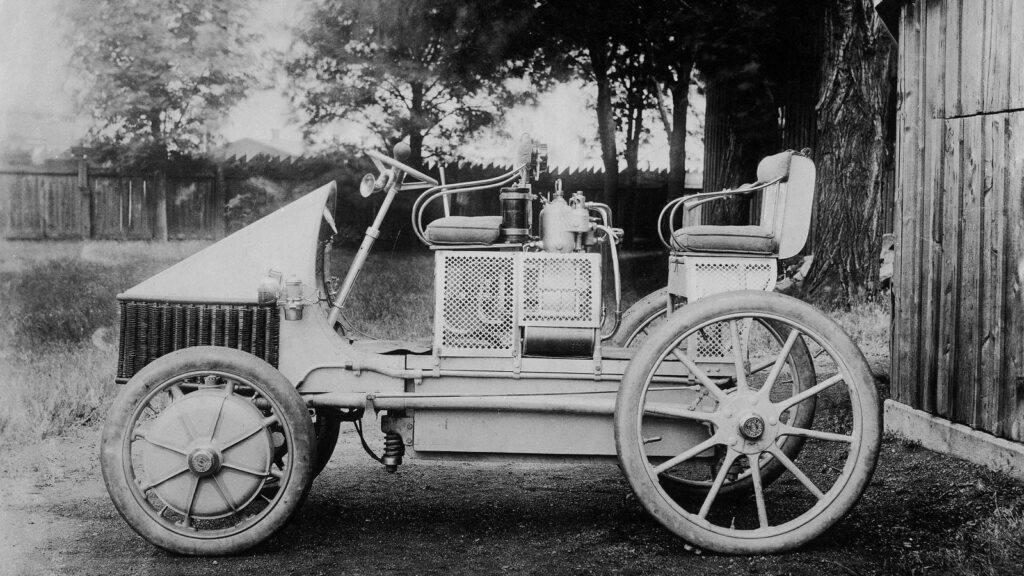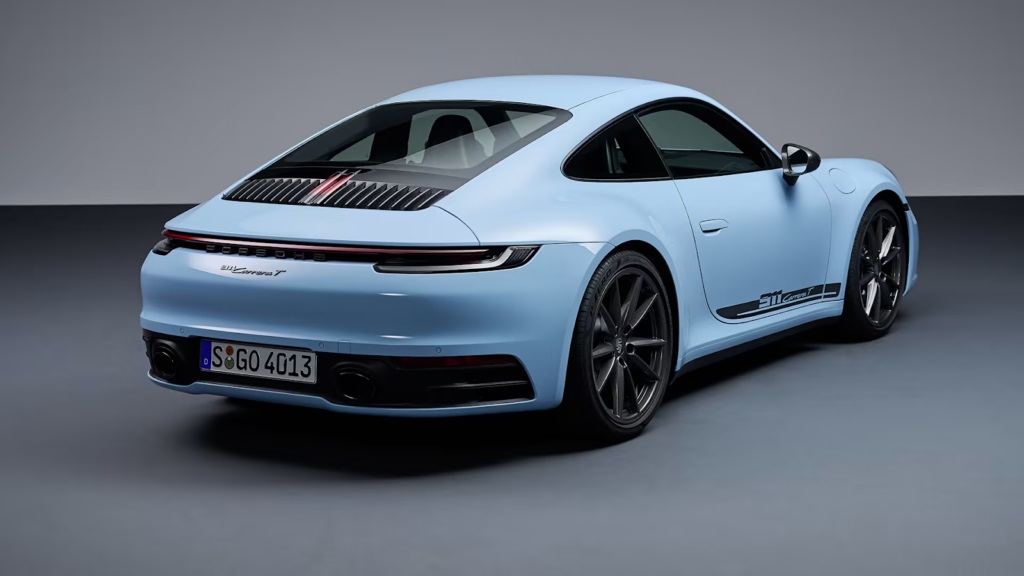Change of Plans
There was a time, not terribly long ago, when it seemed like the automotive industry was on the fast track to total electrification.
Ahead of Their Time

Many of us think of hybrid or all-electric power as a relatively new technology. After all, Porsche just introduced its very first production EV, the Taycan. But in reality, electricity has been around in the automotive world for over a century. And Ferdinand Porsche was one of very first pioneers to embrace this technology. When Porsche was a teenager back in 1893, he installed an electric lighting system in his parents’ house. Even the very first vehicles he designed had electric drives. After toying around with a few different ideas, Porsche designed the world’s first functional hybrid car, the Semper Vivus (Latin for “always alive”), in 1900. But due to its modest power output, heavyweight, and lack of infrastructure, the idea was relegated to the back burner for many years.

Amid concerns over global warming, governments around the globe began floating regulations that sought to ban ICE vehicles outright – but in recent months, with demand falling behind expected levels of growth, a lot has changed, and now, those same plans are being scaled back.
Up To and Beyond
While Porsche recently revealed that it continues to develop the all-electric version of its Cayenne crossover, it also plans to continue to offer hybrid and combustion engine-powered examples of that same model – “up to and beyond 2030,” in fact.

Keeping the V8
Interestingly, Porsche also noted that the currently, third generation of the Cayenne will be upgraded and will continue to be offered alongside the fourth, all-electric generation model. Engineers will focus on the Cayenne’s ICE powertrains, however, including its twin-turbocharged V8, which it will need to tweak to ensure that it meets increasingly stringent emissions standards.
Still Focused
This is obviously great news for fans of ICE powertrains and the V8 in general, but also note that Porsche remains focused on an electrified future, regardless. “Our product strategy could enable us to deliver more than 80 percent of our new cars fully electrified in 2030 – depending on the demand of our customers and the development of electromobility in the regions of the world.” Oliver Blume CEO Porsche AG.
As such, Porsche plans to continue making gas engines for some time, it seems.
